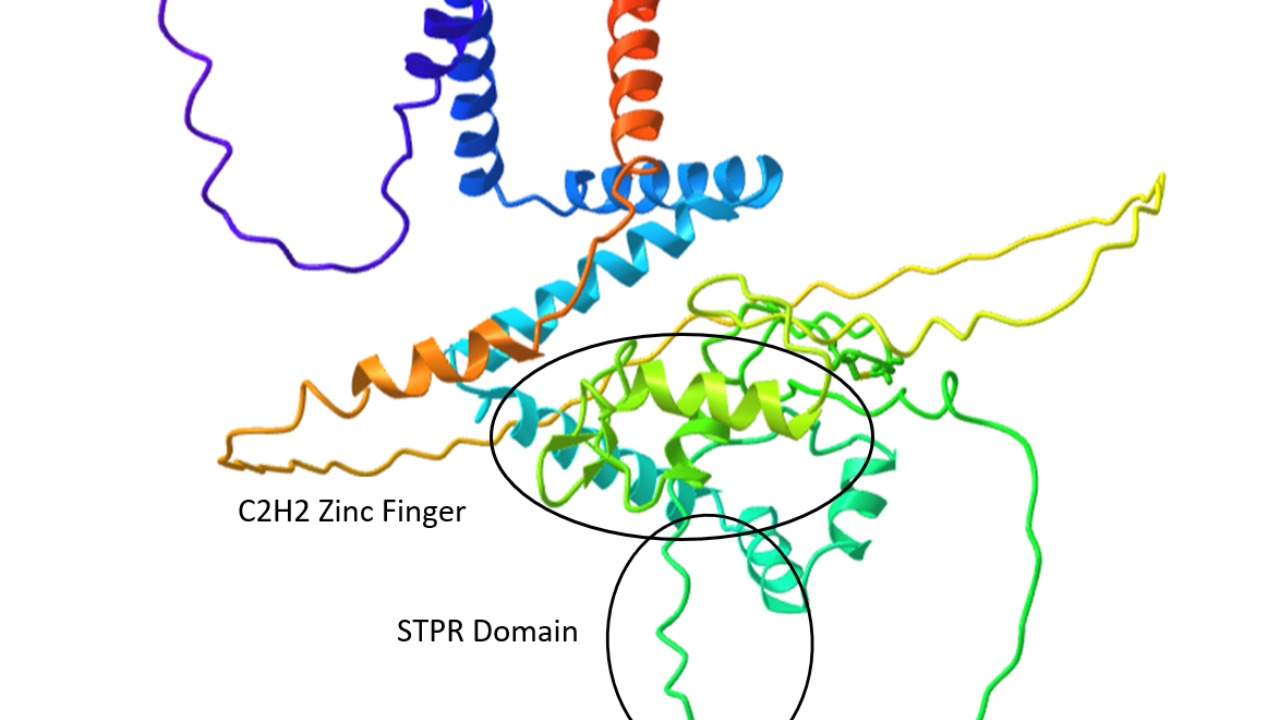
AlphaFold, an AI-powered tool developed by DeepMind, has revolutionized the field of structural biology by accurately predicting protein structures in mere seconds. This breakthrough is not only a monumental leap for science but also offers promising real-world applications across various domains. AlphaFold’s contributions have had significant impacts in both the scientific community and beyond.
Understanding AlphaFold’s Leap in Protein Structure Prediction

AlphaFold’s technology, crafted by DeepMind, stands as a testament to the power of artificial intelligence in modern science. At its core, AlphaFold utilizes advanced machine learning techniques to predict the three-dimensional structures of proteins based on their amino acid sequences. This innovation has been hailed as a game-changer in the realm of structural biology, significantly surpassing previous methods that were often laborious and time-consuming. Traditional approaches like X-ray crystallography and nuclear magnetic resonance spectroscopy, while accurate, typically required months or even years to produce results. In contrast, AlphaFold can provide accurate predictions in mere seconds, as detailed in an article on DeepMind’s blog.
The significance of protein structures in biological processes cannot be overstated. Proteins are the workhorses of cells, and their structures determine their functions in living organisms. Understanding these structures is crucial for unraveling the mechanisms of diseases and developing effective treatments. However, traditional methods faced numerous challenges, including the complexity of proteins and the vast diversity of their structures. AlphaFold’s innovative approach addresses these challenges by providing accurate predictions that are invaluable for scientific research and medical applications.
Revolutionizing Biomedical Research and Drug Discovery

AlphaFold’s impact on the biomedical research field, particularly in drug discovery, has been profound. By accelerating the process of identifying potential drug targets, AlphaFold is paving the way for faster development of new medications. Case studies have already highlighted its success in aiding drug development. For instance, pharmaceutical companies have leveraged AlphaFold’s predictions to design molecules that bind precisely to specific proteins, a crucial step in drug creation. This advancement opens doors for personalized medicine and targeted therapies, where treatments can be tailored to individual patients based on their unique genetic makeup.
Moreover, AlphaFold has significantly contributed to understanding diseases at the molecular level. By revealing the structures of proteins involved in various diseases, scientists can gain insights into how these diseases progress and identify potential intervention points. Collaborations with pharmaceutical companies are underway to develop new treatments that target these critical proteins. This synergy between AI-powered predictions and traditional biomedical research is fostering the development of innovative therapies that could revolutionize healthcare.
Advancements in Biotechnology and Synthetic Biology

AlphaFold’s influence extends beyond healthcare, impacting the fields of biotechnology and synthetic biology. One of its remarkable applications is in the design of novel proteins for industrial use. This capability is being harnessed to create proteins with specific functions, such as enzymes that can catalyze chemical reactions more efficiently. Innovations in synthetic biology, powered by AlphaFold, are leading to practical applications in agriculture, biofuels, and waste management, providing sustainable solutions to global challenges.
In enzyme design, AlphaFold is facilitating breakthroughs by enabling the development of more efficient enzymes for industrial processes. These enzymes, designed with enhanced activity and stability, are being utilized in various sectors, including the production of biofuels and biodegradable plastics. The environmental benefits of these improved enzymes are substantial, as they offer greener alternatives to traditional industrial practices, reducing the carbon footprint and contributing to a more sustainable future.
Challenges and Future Prospects of AlphaFold

While AlphaFold represents a significant advancement in protein structure prediction, it is not without limitations. One of the primary challenges lies in accurately predicting the structures of complex proteins, particularly those with multiple interacting components. While AlphaFold has made remarkable strides, ongoing developments are necessary to enhance its prediction capabilities further. Researchers are actively working to improve the accuracy and reliability of predictions, especially for proteins that play crucial roles in human health and disease.
Looking to the future, the potential expansions of AlphaFold’s applications are vast. One promising direction is the expansion of the database of known protein structures, which would provide a more comprehensive resource for researchers worldwide. Furthermore, integrating AlphaFold with other AI technologies could broaden its impact, enabling new discoveries in fields such as genomics and personalized medicine. The ongoing evolution of AlphaFold promises to push the boundaries of what is possible in scientific research and its real-world applications.
Global Impact and Collaborative Efforts

AlphaFold’s success is a testament to the power of international collaborations and open science initiatives. By making its predictions publicly available, DeepMind has contributed significantly to global research communities, fostering collaboration and accelerating scientific progress. Partnerships with academic institutions and research organizations worldwide are leveraging AlphaFold’s capabilities to advance knowledge and drive innovation across disciplines. This collaborative spirit is exemplified by AlphaFold’s contribution to the Nobel Prize-winning research in protein structure prediction and design.
However, with these advancements come ethical considerations regarding the role of AI in scientific discovery. Issues such as data privacy and intellectual property rights must be addressed to ensure responsible use of AI technologies. Balancing technological advancement with ethical responsibilities is crucial to maximizing the benefits of AlphaFold while minimizing potential risks. As the scientific community continues to embrace AI-driven innovations, it is essential to navigate these challenges thoughtfully to ensure a sustainable and equitable future.